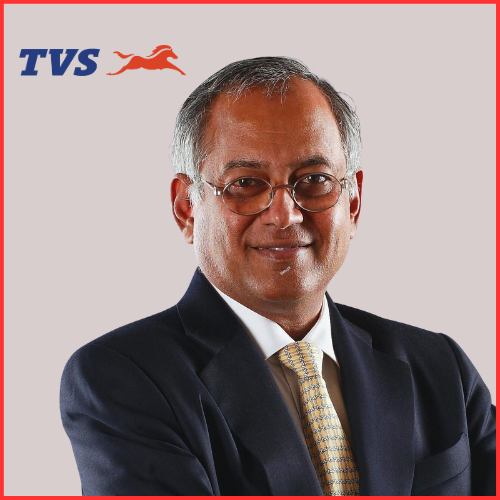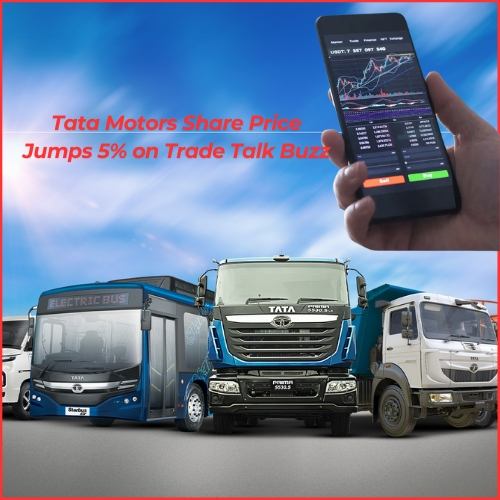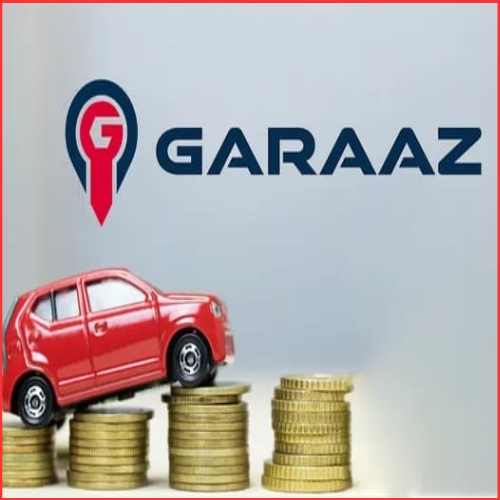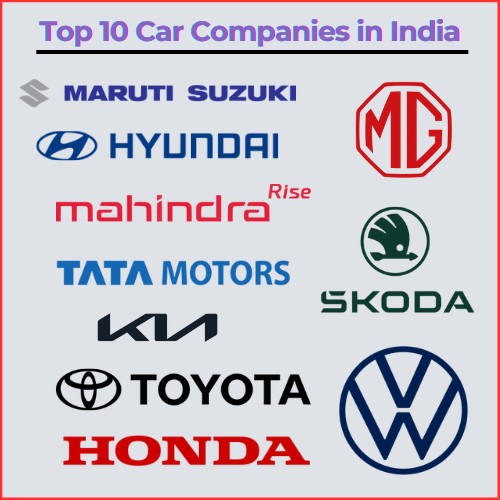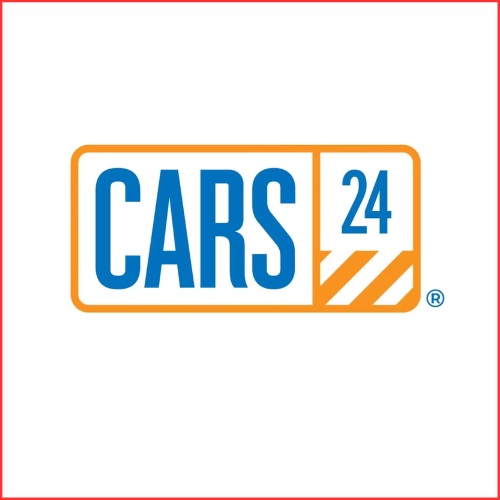It is necessary for a country to have a good system of transport for better accessibility. But due to industrialization and the structure of the current society, we are using a transport system that is polluting our environment and creating hazardous levels of air pollution.
Due to overpopulation, India is struggling to tackle the air pollution crisis and out of the 15 most polluted cities in the world, 14 are present in India. Reports indicate that due to air pollution, about 2 million premature deaths happen each and every year.
We want to bring you the business model of Yulu, a company that is providing impeccable urban mobility and an answer to comfortable commuting from the conventional modes of transport. Yulu has gathered enough traction while solving the issue of connectivity related to the first and last mile. This process is also solving the challenges of air pollution and any possible congestion.
Key Highlights :
Yulu is headquartered in Bangalore and addresses the transportation industry with electric vehicles. The company was co-founded by Amit Gupta, Naveen Dhachuri, RK Misra, and Hemant Gupta in August 2017. Yulu has a valuation of about $ 83 million recorded on 4th June 2021.
Yulu is backed by technology to facilitate urban mobility circling the public and private sectors of transportation. With the help of Micro Mobility Vehicles or MMV, Yulu allows its users to use the app for greener first and last-mile connectivity. The platform of Yulu is simple and scalable and allows a common information structure.
With the help of the Internet of things, Machine Learning, and Artificial Intelligence, Yulu runs its mobile application. It is because of IoT, the dockless electric vehicles of Yulu can be rented hassle-free and used in a pay-per-basis format. When users book a ride on the mobile app, the QR Code unlocks the vehicle for the service.
The company initially started with bicycle service and transformed into an electric mobility startup yulu when understanding the demands of the market. The unique 2-wheeler that runs on a battery is ‘Yulu Miracle’. The bikes have a top speed of about 25 km/hr and thus there is no need for a driving license and also a helmet.
But please be advised, that wearing a helmet is crucial for your own safety and security on the road. The electric setup reduced the carbon footprint and the swappable lithium-ion batteries correlated with a scalable model of charging stations. Yulu imports its parts from China and assembles them in India.
How does Yulu work?
In 2020, the company also stated that they are making efforts to manufacture parts in India and assemble them in Bajaj Auto’s Chetak plant in Pune. It is also noted that Bajaj invested about $ 8 million in Yulu to ensure growth and development.
Now, there are about 4,000 Yulu bikes in India and the company is continuing operations in the city of Mumbai, Bangalore, Pune, Bhubaneswar, and Delhi. Yulu is planning to expand its operations in about 56 cities in India, considering the rise in demand for electric vehicles.
Accessibility, Availability, and Affordability are the ethics of Yulu and they want to encourage the population to adapt to the transition to electricity to secure mother nature. The UMaaS or urban Mobility as a service is an inexpensive solution to micro-mobility for the Indian terrain. Due to the learning curve towards technology, Yulu has created ML or AI models to gather insights from user experience and create better future products.
Electric Vehicle Industry :
The global backdrop is witnessing a shift to sustainable urban mobility and the future tends to lean on better accessibility, affordability, and better availability. Micro-mobility plays a pivotal role as studies and research say that about 60% of transport circles are around 5 kms and Yulu wants to dive deep into this section, where a single passenger can serve their purpose with a sharing business model. The company aims to reach college-goers and working professionals in Tier 1 and Tier 2 cities in India.
Yulu Founders :
Amit Gupta is the co-founder and CEO of Yulu, who graduated from IIT of Kanpur and also earned the prestigious alumni award of the educational institution. Amit also co-founded the billion-dollar startup called InMobi, where his leadership helped the company expand to more than 15 countries. Before heading with Yulu, Amit Gupta also created InMobi’s latest business unit that generated massive revenue and sales.
RK Mishra, President, Yulu, successfully exited from Tenet Technologies after being sold to Hughes and Traveljini after being sold to ICICI ventures. He went into the industry of Public Policy and also Governance along with being associated with multiple companies. RK Mishra completed his graduation from IIT Kanpur and did his Master’s from Tokyo University.
Naveen Dachuri, Co-Founder and CTO of Yulu, played an important role in making an analytical platform for the US Federal Aviation Administration. He did his Bachelor’s from IIT Kanpur and his Master’s from Gwangju Institute of Science and Technology in South Korea.
Hemant Gupta is the COO and Co-Founder of Yulu completed his MBA from Symbiosis and joined AP Moller-Maersk. His exceptional professional contribution took him to further growth in the Netherlands. His 14 years of experience allowed him to gain key knowledge in logistics and supply chain.
Revenue Model of Yulu :
Being a pioneer in urban mobility, Yulu has paved the blueprint for several policies in India and to better solve the pain points related to congestion and rising air pollution. Yulu means ‘simple’ in Chinese and this is what the company wants to achieve, simplicity from technology.
Key Takeaways :
The app requires the first-time user to deposit a refundable amount of Rs. 250. Then the company charges Rs. 10 for starting and every 10 minutes with Rs. 10 for the Miracle usage model. The Move model is Rs. 10 for 30 minutes and Rs. 5 for the next 30 minutes. Users can also pause the trip overnight and pay an additional fee for the service.
With zero acquisition cost, Yulu has attracted more than 1.5 million customers but has also come with several hurdles. Although the mindset of people changed with the urgency of the climate crisis, Yulu wants to gather more partners like the public and private sectors to champion the cause of a greener environment.
Yulu received funding of about $ 7 million from Blume Ventures, Wavemaker Partners, Binny Bansal, 3one4 Capital, and Naveen Tiwari, about $ 8 million from Bajaj Auto, $ 3.9 million from Rocketship and about $ 7 million from Magna International.
The company also received several awards including the Emerging startup of the year by Entrepreneur of India, Most Innovative Startup by Inc42, and many others. Recently, Yulu also partnered with Uber for better service in the urban jungle. They want to make every effort to make the environment cleaner and greener.








